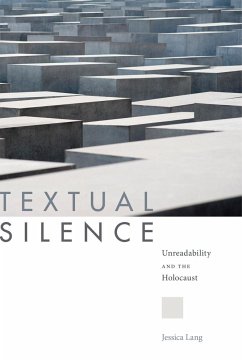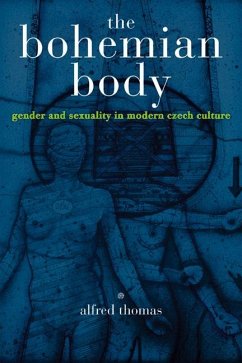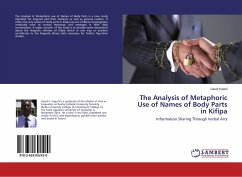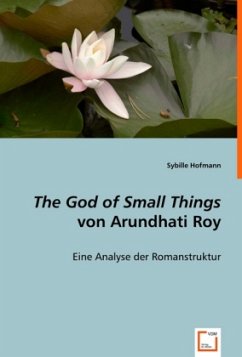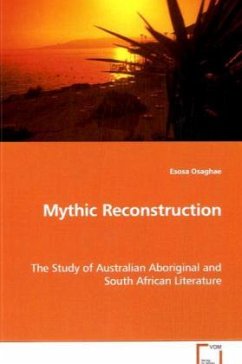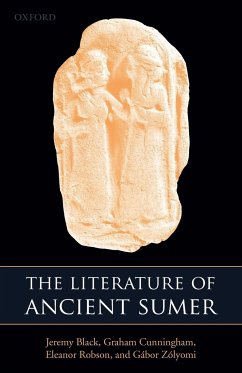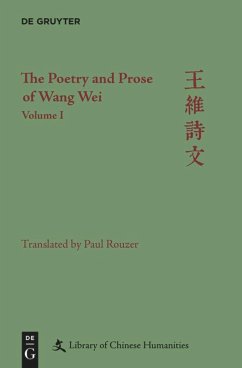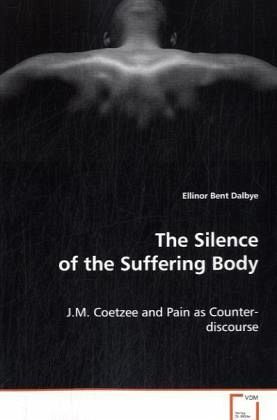
The Silence of the Suffering Body
J.M. Coetzee and Pain as Counter-discourse
Versandkostenfrei!
Versandfertig in 6-10 Tagen
32,99 €
inkl. MwSt.

PAYBACK Punkte
16 °P sammeln!
J.M. Coetzee once said: The standard is the body. Whatever else, the body is not 'that which is not', and the proof that it is is the pain that it feels. [...] it is not that one grants authority to the suffering body: the suffering body takes this authority: that is its power. Using this statement as a departure point this book examines how the suffering body functions as a deconstructive trope in J.M. Coetzee's novels Waiting for the Barbarians and Age of Iron. It has been argued that it is impossible to find a space outside discourse where one can create a true counter-discursive narrative....
J.M. Coetzee once said: The standard is the body. Whatever else, the body is not 'that which is not', and the proof that it is is the pain that it feels. [...] it is not that one grants authority to the suffering body: the suffering body takes this authority: that is its power. Using this statement as a departure point this book examines how the suffering body functions as a deconstructive trope in J.M. Coetzee's novels Waiting for the Barbarians and Age of Iron. It has been argued that it is impossible to find a space outside discourse where one can create a true counter-discursive narrative. However, this reading claims that the trope of the suffering body acts as counter-discourse regardless of these issues because its efforts rest not on language, but on silence. The study makes use of a deconstructive theoretical basis and narrative analysis to refute previous claims both within the critical reception of J.M. Coetzee's works and within the field of post-colonial studies. Thestudy should be of interest to anyone who is looking for an original approach to one of the most complex and critically acclaimed authors of our time.



